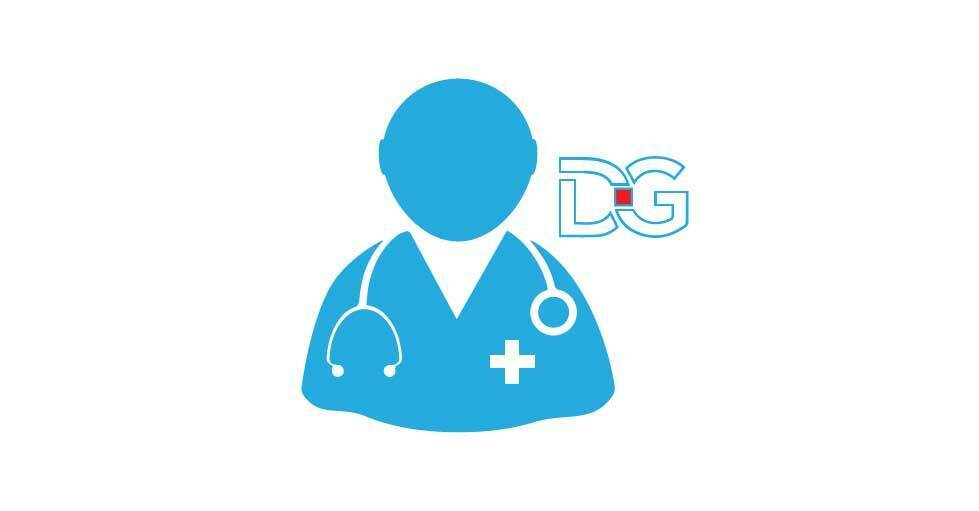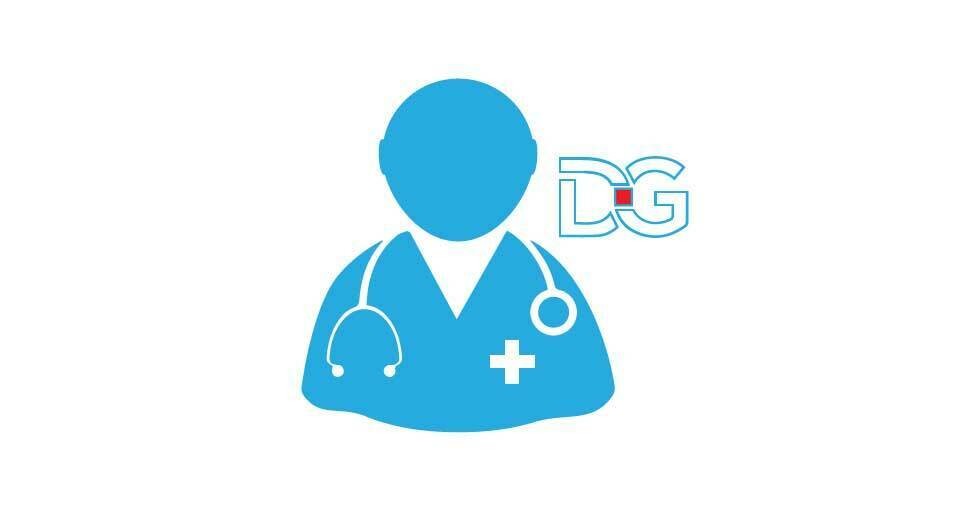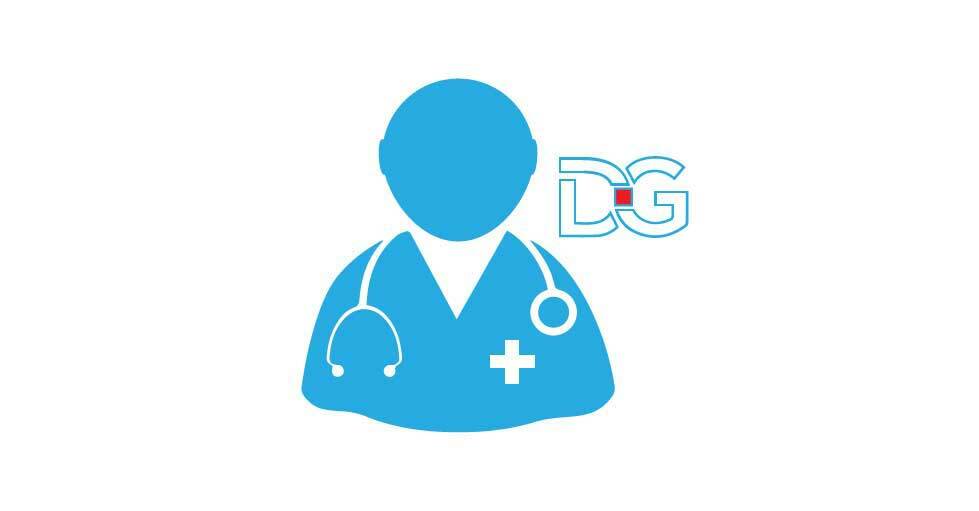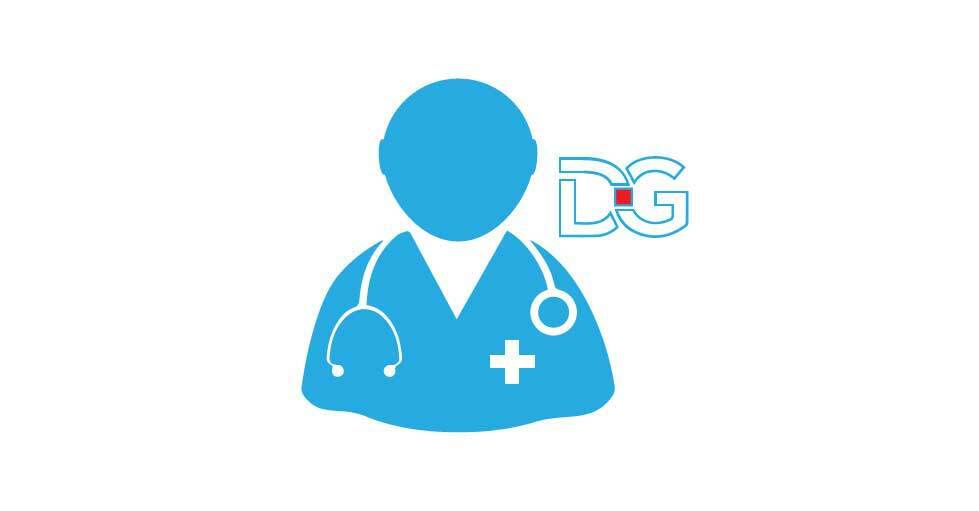In 2022, You should know some important facts about Coronavirus to avoid this pandemic disease from your family. COVID-19 is the name of the coronavirus-related disease SARS-CoV-2. The virus is all over the news. You can hear one thing from one source, then you can hear the opposite from another source. It’s hard to know what’s real. Read the following to get the truth about the disease.
Contents
Important Facts About Coronavirus
What is COVID-19?
COVID-19 is a disease of the respiratory system. It was published for the first time in China in December 2019. Since this is a new condition, the doctors are also learning about it. You should expect them, along with other health experts, to continue to provide new research on this regularly.
Common symptoms of COVID-19 include fever, coughing, and shortness of breath. The Centers for Disease Control and Prevention considers that a person has a fever when the temperature measured is at least 100.4°F [38°C]. These symptoms occur 2 to 14 days after exposure to the virus. Most of the people who come with COVID-19 have moderate symptoms.
These symptoms will make you feel like you’re having the flu. However, there are some people who have no symptoms. Others have serious symptoms. In certain cases, COVID-19 can be lethal.
Want to Use Emojis in YouTube Comment? Read Our Tech Tips.
How COVID-19 Spread Everywhere?
The most popular way to get COVID-19 is by inhaling airborne respiratory droplets. When a person breathes, coughs, or sneezes with COVID-19, tiny droplets escape their mouth and nose and go into the air. You can’t see any of these droplets. You can breathe in those droplets if you’re within 6 feet of that guy. You’re not even going to know you did it. But you can get the germs that trigger COVID-19 in your body by doing that.
COVID-19 can also be shared if you touch the surface that an infected person has touched. Examples include door handles, elevator buttons, and shopping carts. The germs will get into your body if you touch your eyes, nose, or mouth.
Who Can get COVID-19?
Some people are at greater risk of becoming ill with COVID-19. Here are some facts about coronavirus by which people may get affected:
- People who are in touch with someone who has COVID-19
- Travelers returning from foreign regions where there is a high concentration of COVID-19 cases
- People in touch with travelers returning from foreign regions where there is a high concentration of COVID-19 cases
People who have health conditions, such as heart disease, lung disease, or diabetes, are at higher risk of having a serious case of the virus. The older you are, the higher your chance of having a serious case.
You can also read our other Health Tips.
What is the Vaccine for COVID-19?
Most of the time, treatment with COVID-19 can be undertaken at home and is similar to influenza treatment. Some facts about coronavirus as basic treatment:
- Stay at home.
- If necessary, stay in your house in a separate space. You want to stay away because you’re not going to make someone else sick.
- Please contact your doctor. They’re going to Phonel you what to do to relieve your symptoms.
A vaccine for COVID-19 has been approved for emergency use in the United States. The U.S. Food and Drug Administration (FDA) has approved the vaccine and the CDC has recommended coronavirus vaccine for people 16 years and older for Pfizer-BioNTech.
In clinical trials, nearly 95 percent of the vaccine was shown to be effective in preventing people from becoming critically ill with COVID-19. Pfizer-BioNTech tested its vaccine on approximaPhoney 44,000 people and confirmed that the vaccine was successful in preventing a clear “cross age, gender, race, and ethnic demographic disease” of COVID-19.
Eventually, a vaccine would be available to everyone. The supply is minimal for now. The Centers for Disease Control and Prevention (CDC) has recommended, through its independent advisory committee, the order in which people can receive the vaccination. In the first: health care staff and residents in long-term care facilities. It will be up to individual states to decide on the order in which the vaccine will be administered. They are likely to follow the guidelines of the CDC. Find out more about your vaccine.
Things to consider for Coronavirus
It’s easy to feel confused and anxious when you think about COVID-19. Here are a few facts about coronavirus you can take to keep the tension under control.
- Speak to your family doctor about what you can or should not do. They can recommend ways you can help your kids cope with any stress they’re experiencing.
- Clean your hands regularly. This will help you get rid of viruses and other germs in your hands. If you are not close to soap and water, use a hand sanitizer that contains between 60% and 95% alcohol.
- Don’t touch your face, particularly your eyes, your nose, and your mouth. These are the places where a virus will get into your body.
- Please wear a cloth mask in public, even if you don’t feel sick. This stops the virus from spreading to others. Your mouth and nose should still be covered with masks. Keep 6 feet between you and the others, also with the mask.
- Keep well, eat a well-balanced diet. Get a lot of sleep. Exercise now. Don’t use cigarettes or alcohol to cope with the tension.
- Get your news from credible outlets. Make sure the news stories you’ve read online come from a trusted news organization. Besides your doctor, you should rely on information from the Centers for Disease Control, the U.S. The General Surgeon and the World Health Organisation. You may also rely on news from your local or state public health department.
- Don’t worry. Do this by keeping yourself updated and knowing the truth.
When you or anyone in your family is sick, stay at home. Don’t go to school or work. Please call your doctor. They’re going to advise what you should do next. If you or someone in your family has a fever, cough, and difficulty breathing, call your doctor right away or go to the emergency room.
Questions to ask your doctor About Coronavirus
Here are some facts about coronavirus that you can ask to your doctor:
- Am I at risk of getting COVID-19?
- How am I going to know if I have COVID-19?
- Is there a COVID-19 test?
- Is there a COVID-19 vaccine?
- Will my children have COVID-19?
- Is it safe to travel inside the United States by bus, train, or plane?
- Is it safe to be in a crowd of people?
Need of Specialist Doctor? Check Here.



